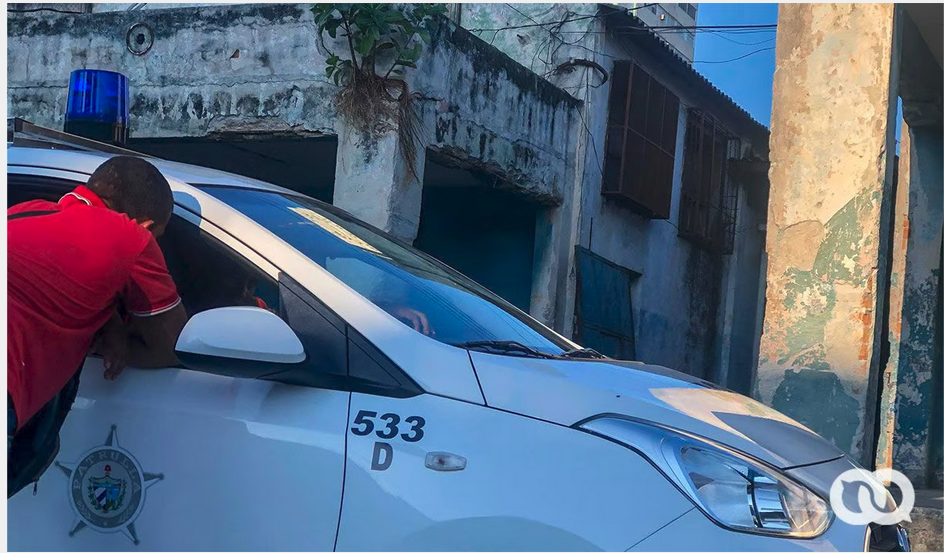It includes extortion, confiscations, and threats

HAVANA TIMES – Let’s prepare for this scene in the coming days: Cuban State Security spokespersons will appear on television, with a pompous voice and dramatic music, to present the “results” of a “new investigation” that, based on “substantial evidence,” will serve to “demonstrate” a “new operation organized from the United States.”
What we will see, however, will be a new staging of the Cuban regime’s repressive tactics. Using statements obtained under coercion and interrogation sessions lasting between eight and 12 hours, filled with threats and blackmail, the scriptwriters of State Security’s Villa Marista headquarters will pretend to have conducted a criminal investigation with guarantees and to have uncovered a new “conspiracy against Cuba.”
The reality, however, is quite different.
Since this repressive wave began in mid-September 2024, we have confirmed that around twenty persons collaborating with various independent media outlets (active or resigned since 2022), as well as social or entrepreneurial project managers, activists, and content creators, have been called to testify as “witnesses” in an alleged criminal investigation for the offense of being “mercenaries,” defined under Article 143 of the Penal Code.
The offense establishes prison sentences of between four and ten years for those who receive funds used to carry out activities “contrary to the Cuban State and its constitutional order.”
Among the irregularities of the process is that the statements are obtained in violation of several procedural norms, as it has not yet been clarified against whom the alleged legal case is directed in which the interrogated individuals must testify.
State Security agents condition the “collaboration” of those interrogated by giving them the choice of being “accused” or “witnesses” in the process. They reference these individuals’ participation in training programs that include stipends or funds for project execution —as is usual in such programs— to make them believe they violated the law.
The repressors have provided little documentary evidence (and of what they have presented, several were obtained through illegal electronic surveillance via the state monopoly Etecsa). During the interrogations, there is yelling and verbal abuse —the repressive officers try to convince people they have evidence, then pressure them until they obtain “confessions” and accusations aga


